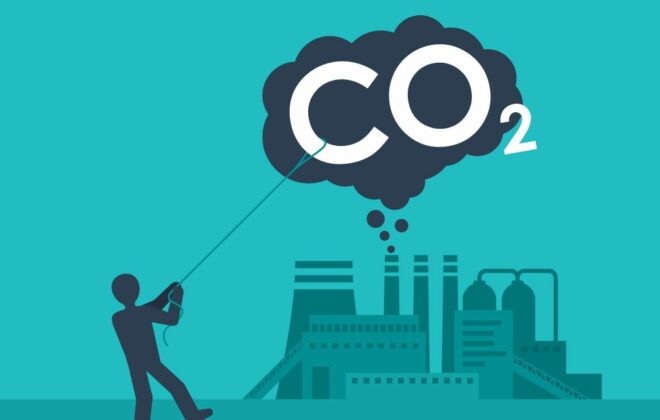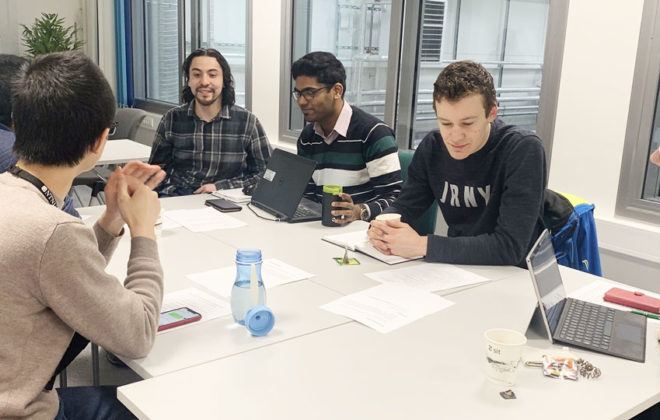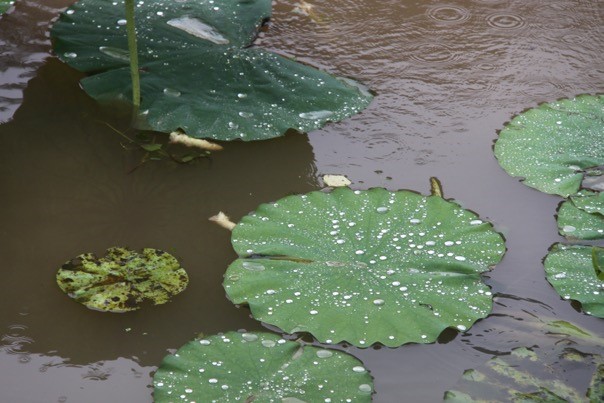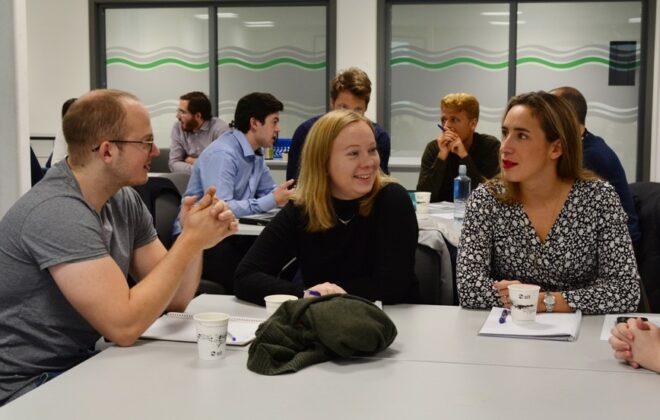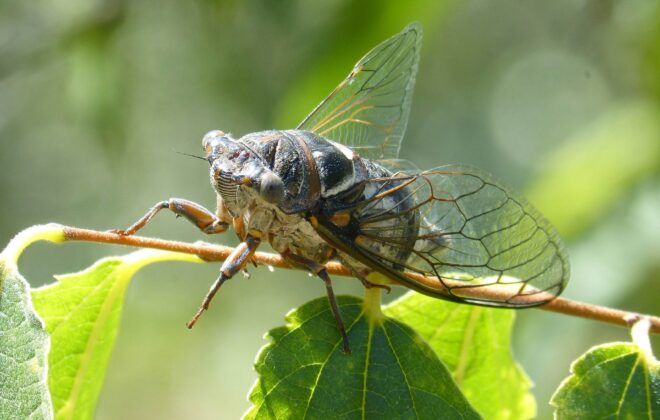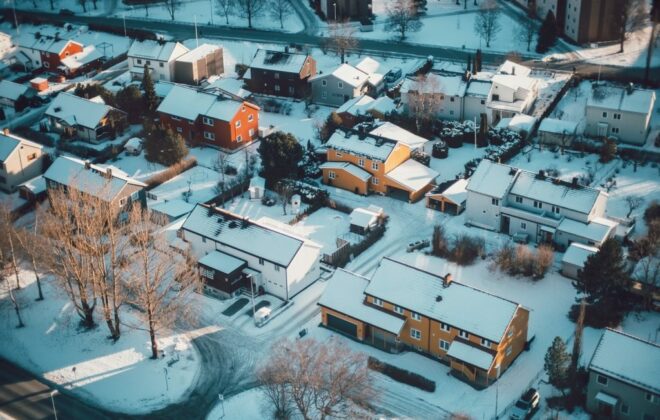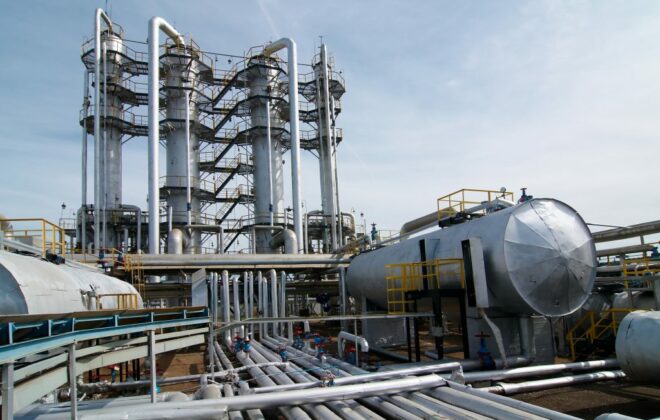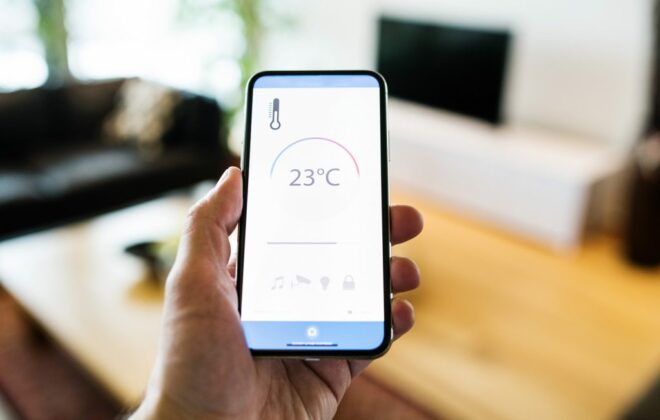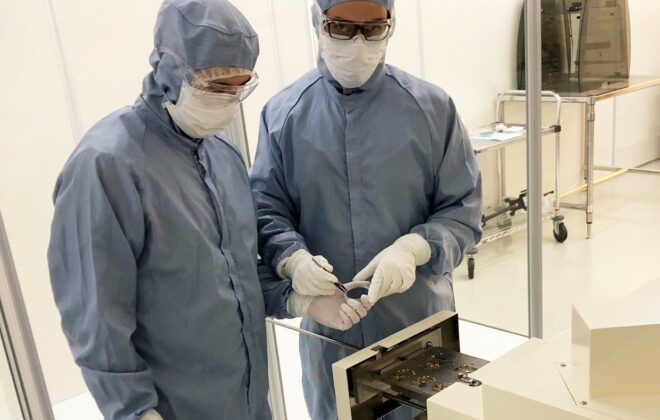How to eliminate CO2 emissions with minimal effort
Not a day goes by without us being reminded of the changes in our climate. We need to reduce CO2 emissions. But where do we start?
Hot hotels in cold climates: reducing energy consumption with CO2 heat pumps
We’ve studied 140 hotels in Norway and Sweden, and found that CO2 heat pumps in hotels can reduce thermal energy consumption by about 60%. The hotel sector features high energy consumption, which contributes to the global warming effect. Our latest work presents a study of…
Seeking creative young researchers working towards a clean energy future
The meeting platform NTNU Young Researcher Clean Energy Symposium wants to help motivate young researchers to secure a sustainable and clean energy future. Maybe you should join us? Here is a summary of third symposium in March 11, 2020. The 3rd NTNU Young Researcher Clean…
Removing sticky droplets and making super repellent surfaces
NTNU research has come closer to making a surface that is self-cleaning even when there is strong humidity. To achieve this, we have combined pyramidical structures with nanowire structures in the nano lab.
Clean energy: Make a difference with other young NTNU researchers
Are you a young researcher working in the field of clean energy? Are you interested in meeting other young researchers from different disciplines working in the clean energy topics? Then you should check out the NTNU Young Researcher Clean Energy Forum, and join the next…
Insect wings teach us about the super repellent state
How is it that some insects are capable of keeping its wings clean? Knowledge on this applied in the nano lab can help us make better droplet repellents. Nature have engineered surfaces like leaves or skins capable of interacting with water droplets in different ways….
All you need to know about buildings to plan sustainable, green neighbourhoods
When you are planning a neighbourhood with no greenhouse gas emissions, you need a thorough understanding of a neighbourhood’s buildings, their age, size, materials, energy use and state of renovation. Our new model is a very useful tool for this. The buildings we work and…
Coal-to-gas: a bridge fuel on the way towards reduced emissions
Many previous studies are somewhat ambivalent about the climate benefits of the coal-to-gas shift. Our new study in Nature Climate Change shows that the shift may reduce climate impacts of at least 50%. Global coal demand continues to grow (0.7% in 2018, according to IEA…
Save money and the environment with smart heating controls
In order to stay warm, we usually require a certain indoor temperature all year around. This can get expensive in cold countries like Norway, not only for the household economy, but also for the environment. However, this might change with new, smart controls of heating…
Keeping cool during extreme heat
To fix a cooling problem in for example electronic devices, we have experimented with a carpet of nano-wires. Guess what, it works. There are situations where even when you spray a very hot surface with water to cool it, it will not work. This extremely hot…
Search
Søk
Categories
- Arctic Research
- Arkitektur
- Bærekraft
- Bioingeniørfag
- Biologi
- Biology
- Biomedical Laboratory Science
- Biotechnology
- Bioteknologi
- Chemical Engineering
- Chemistry
- Climate
- Computer Science
- Datateknologi
- Digital
- Elektronikk
- Energi
- Energi
- Energy
- Engineering
- Engineering
- Environment
- Food Science
- Forskning
- Fysikk
- Fysikk
- Havbruk
- Informasjonsteknologi
- Informasjonsteknologi
- Ingeniørvitenskap
- Kjemi
- Kjemisk prosessteknologi
- Kjemisk prosessteknologi
- Kreftbehandling
- Kybernetikk
- Marine Technology
- Materialer
- Materials Science
- Materialteknologi
- Matvitenskap
- Meninger
- Miljø
- Min ph.d.
- My PhD
- My PhD
- My postdoc
- Nanotechnology
- Nanoteknologi
- Ocean
- Oil and gas
- Physics
- Research
- Simulering og visualisering
- Spør en forsker
- Studentliv
- Sustainability
- Ukategorisert
- Universitetsliv
- University Life
Kategorier
- Arctic Research
- Arkitektur
- Bærekraft
- Bioingeniørfag
- Biologi
- Biology
- Biomedical Laboratory Science
- Biotechnology
- Bioteknologi
- Chemical Engineering
- Chemistry
- Climate
- Computer Science
- Datateknologi
- Digital
- Elektronikk
- Energi
- Energi
- Energy
- Engineering
- Engineering
- Environment
- Food Science
- Forskning
- Fysikk
- Fysikk
- Havbruk
- Informasjonsteknologi
- Informasjonsteknologi
- Ingeniørvitenskap
- Kjemi
- Kjemisk prosessteknologi
- Kjemisk prosessteknologi
- Kreftbehandling
- Kybernetikk
- Marine Technology
- Materialer
- Materials Science
- Materialteknologi
- Matvitenskap
- Meninger
- Miljø
- Min ph.d.
- My PhD
- My PhD
- My postdoc
- Nanotechnology
- Nanoteknologi
- Ocean
- Oil and gas
- Physics
- Research
- Simulering og visualisering
- Spør en forsker
- Studentliv
- Sustainability
- Ukategorisert
- Universitetsliv
- University Life

